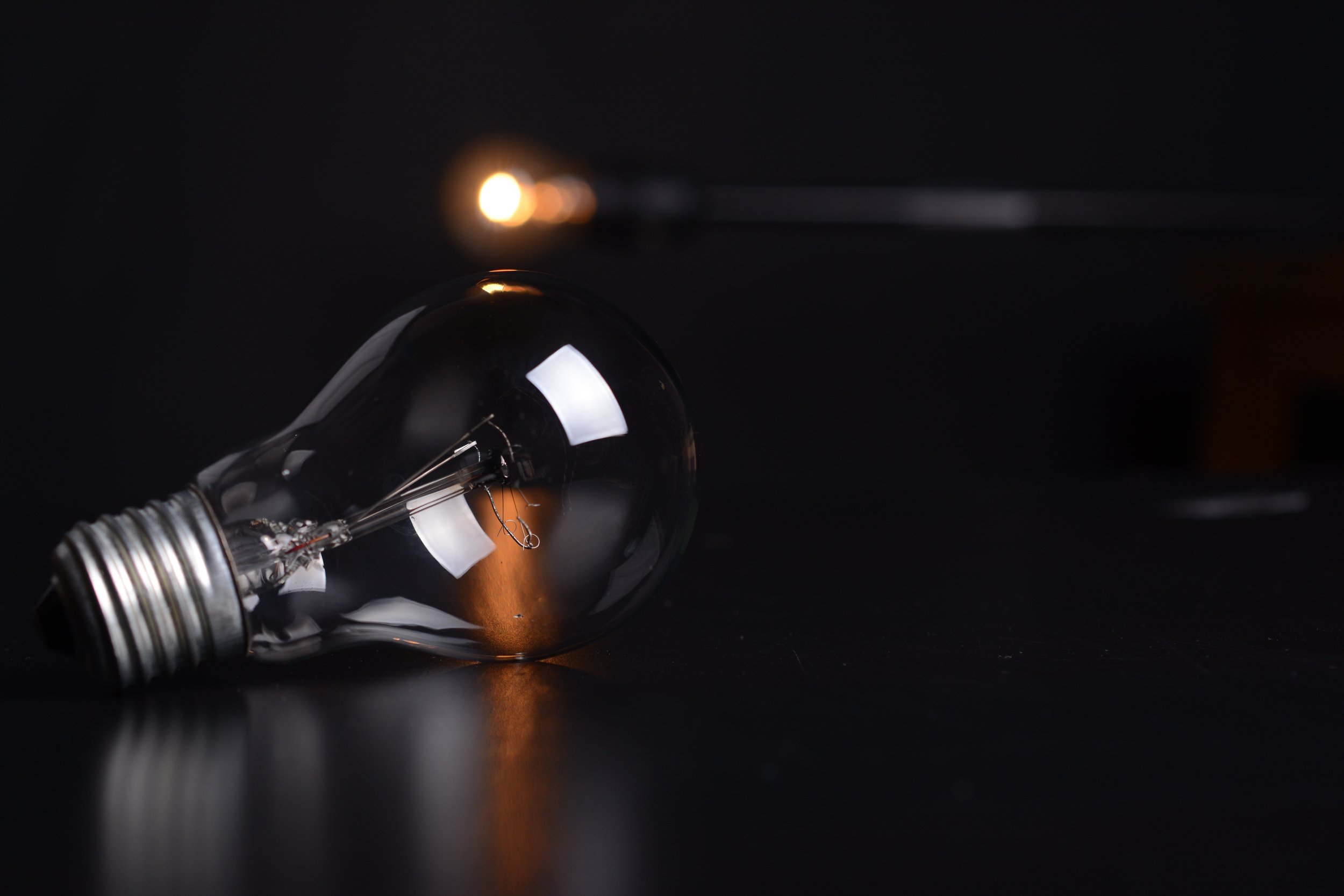Power Outage Safety Tips
RH Business Marketing Solutions
Power outages can be nuisances, especially because they often occur unexpectedly and may last for days. For some, power outages can be dangerous, as they prevent the use of medical devices, disrupt communication, and restrict heating and cooling in extreme temperatures.
Preparation is the only way to combat the inconveniences and dangers of power outages. Learn how to keep your family safe and comfortable when unexpected or scheduled power outages occur.
Preparing for a Power Outage
The best way to protect your family, pets, appliances, devices, and more during power outages is through preparation. The following are some of the best ways to prepare.
Create an Emergency Preparedness Kit
All families should have emergency plans in place. The American Red Cross suggests creating a family evacuation plan and an emergency preparedness kit for disaster situations.
The emergency preparedness kit should include all the essentials for survival during emergencies. The Red Cross suggests a three-day supply for evacuations and a two-week supply if you’re staying at home. The following are several items to include in your kit.
· 1 gallon of water per family member, per day
· Non-perishable food items that are easy to prepare
· Flashlight
· Batteries
· Medications
· First-aid kit
· Emergency and family contact information
· Cash
· Copies of personal documents (such as birth certificates, insurance policies, your home deed, etc.)
· Gasoline for a generator (if you have one)
Plan for Electrical Needs
Inventory your family’s most essential electrical needs. These may include medical devices, medication refrigeration, garage doors, lighting, heating, cooling, and more. Consider purchasing a whole house generatoror other backup power option to keep your family safe and comfortable until power returns.
Charge Power Banks and Portable Chargers
Power outages can last for hours, days, or even weeks in extreme cases. Ensure your power bank and other portable chargers are always fully charged when not in use. Your phone may serve as an essential communication line or provide some entertainment while you wait for power to return.
Use Surge Protectors
Unexpected power outages can cause serious damage to electronics and appliances. Ensure all your household electronics are protected by functioning surge protectors.
Install Smoke Alarms With Battery Backups
All your smoke alarms and carbon monoxide detectors should have battery backups. Test them often to ensure they’ll function normally during power outages.
What to Do When a Power Outage Strikes
The actions you take immediately after the power goes out can impact your safety and comfort.
The following are a few of the first steps to take when you experience a power outage:
Keep the refrigerator and freezer doors closed as long as possible. A standard refrigerator keeps food cold for roughly four hours, and a full freezer stays cold for about 48 hours.
Disconnect appliances, devices, and other electronics to prevent damage from surges.
Ensure your generator is outside and away from windows and doors before using it. Connect the generator to appliances using heavy-duty extension cords.
Contact city officials to learn about community cooling or heating locations during extreme hot or cold temperatures.
Contact any loved ones who may be in danger to check if they are okay or need help.
Staying Safe After the Outage
You’ll be excited to get back to life as usual when the power returns. However, there are still a few actions to take before relaxing in front of the TV.
Watch Out for Electrical Shock
If you lost power due to flooding, do not use any electrical items that were submerged in water. Steer clear of all flooded areas.
Trash Unsafe Foods
Check the temperature of refrigerated items and throw them away if the temperature is 40 degrees Fahrenheit or more. Be especially careful with meat and dairy products and toss anything in the trash if you’re unsure.
Call Your Doctor About Refrigerator Medicines
Talk with your doctor about taking refrigerated medicines that did not remain cold through the outage. Seek new medications if needed.
Store Your Generator
Store your generator in a cool, dry, ventilated space. Taking proper care of your generator will extend its life and ensure it is functional when you need it most.
Staying safe during a power outage is the top priority, but there’s no doubt you want your family to be comfortable, too. Follow the tips and tricks above to make the next outage far less stressful, dangerous, and inconvenient than the last.
Author bio: Joel Scott Bennett is Director of Marketing at Canter Power Systems, a leading residential generator installer. Bennett is trained as an industrial designer, empathetic and personable, he leads the creation of business opportunities through the fast-changing energy sector.
